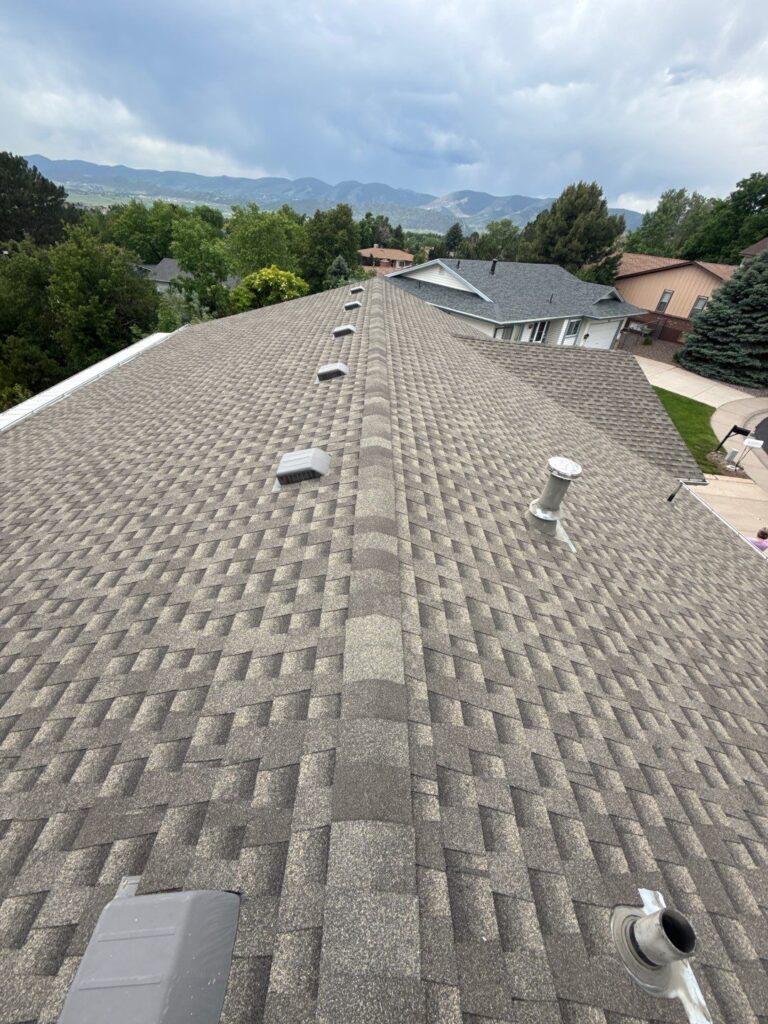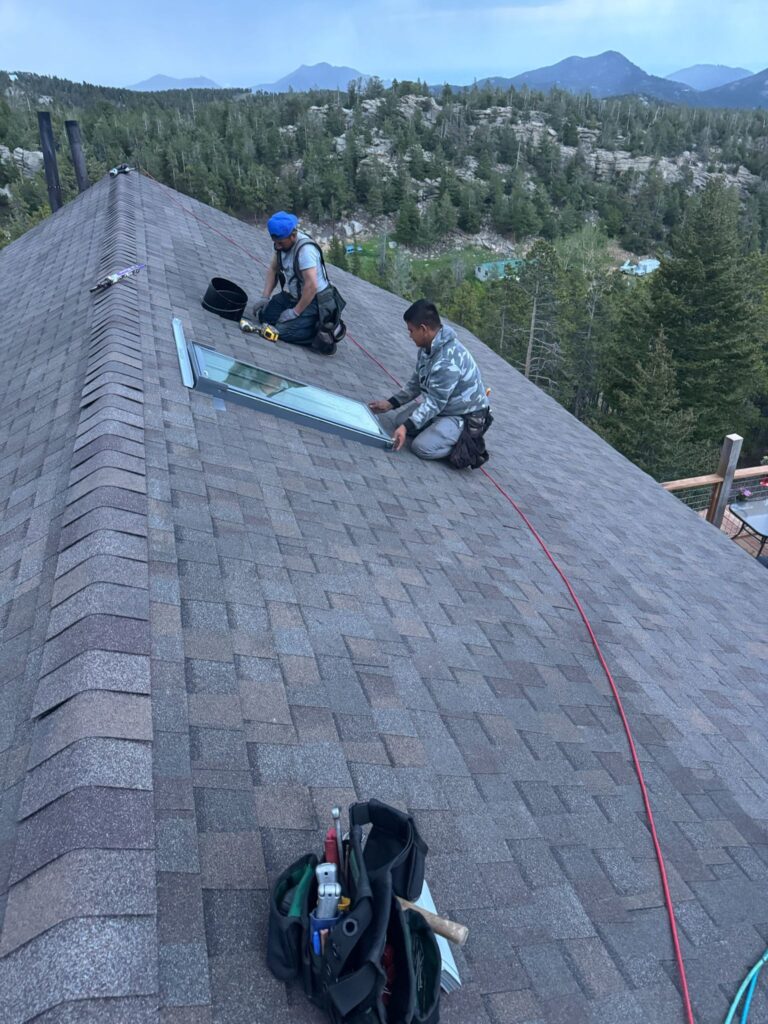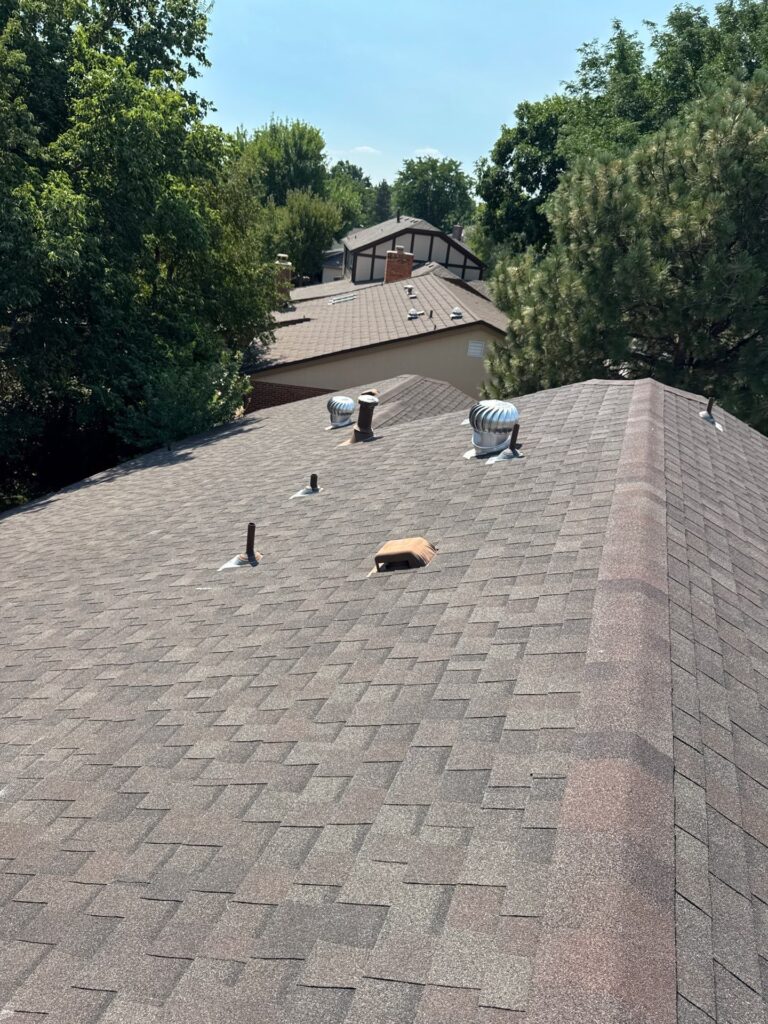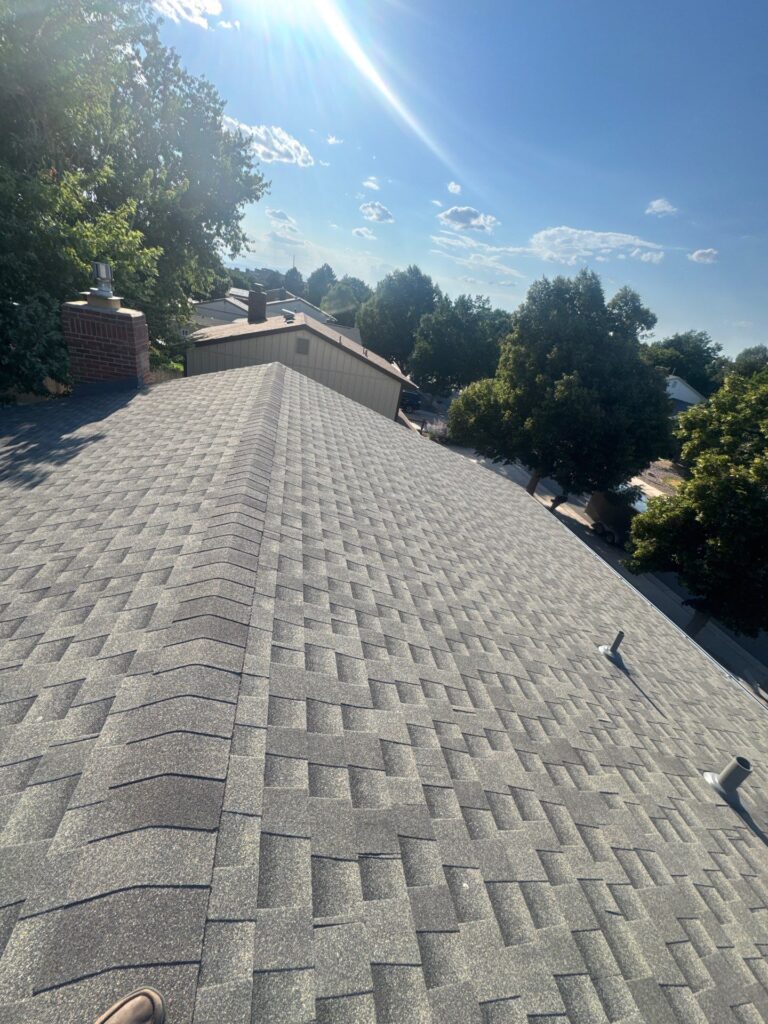How Durable Is a Residential Roof Over Time?
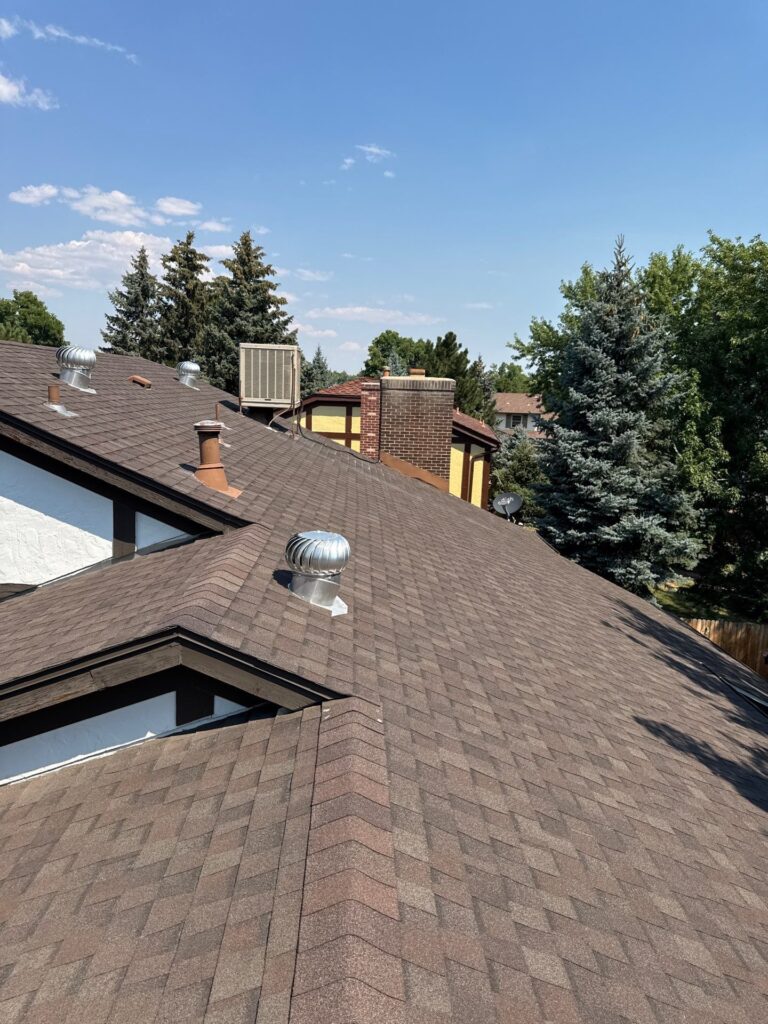
When homeowners consider a new roof, one of the first questions is always about longevity. A roof is more than protection from the elements—it is a long-term investment. The lifespan of a residential roof depends on several important factors, including the material chosen, the climate in which the home is located, the quality of the installation, and the level of ongoing maintenance. Knowing what to expect helps with planning, budgeting, and making the right material choice for lasting value.
Average Lifespans by Roofing Material
Every roofing material has its own strengths and expected service life. Understanding these differences helps homeowners match the right product to their priorities.
- Standard Asphalt Shingles: 15–20 years under normal conditions
- Architectural Shingles: 25–35 years with proper upkeep
- Cedar and Wood Shakes: 25–30 years when regularly treated
- Metal Roofing Systems: 40–70 years, depending on the metal type
- Copper and Zinc: 70 years to over a century with minimal maintenance
- Clay and Concrete Tile: 50–100 years, excellent for warmer climates
- Slate Roofing: 75–150 years, often considered a permanent solution
Choosing premium materials requires a larger upfront investment, but their longevity often makes them more economical in the long term compared to multiple replacements of lower-cost options.
How Climate Conditions Affect Roof Longevity
Local weather patterns have a direct impact on roof durability. Strong sunlight can dry out and weaken shingles, while cold winters may cause ice dams that shorten a roof’s life. In storm-prone regions, high winds and hail can damage materials more quickly, leading to repairs or early replacements. On the other hand, areas with heavy humidity may encourage algae or moss growth, accelerating wear. Selecting a roofing system designed for regional conditions is essential for maximizing lifespan.
The Role of Professional Installation
Even the best materials will fail prematurely if the roof is not installed properly. Correct installation ensures adequate ventilation, strong fastening, and full protection against leaks. Common shortcuts or errors, such as poor underlayment placement or inadequate flashing, can reduce a roof’s service life by decades. For homeowners, hiring qualified roofers is one of the most important decisions in securing lasting protection.
Maintenance Practices That Extend Roof Life
Routine maintenance is a key factor in getting the most from any roofing system. Simple actions can add years of service and prevent costly damage. Recommended practices include:
- Scheduling yearly inspections to identify issues early
- Clearing gutters and downspouts to prevent water backups
- Trimming nearby trees to reduce impact damage and debris buildup
- Checking for cracked flashing, loose seals, or worn vent boots
- Addressing leaks or damaged areas immediately before they spread
These preventive steps are cost-effective and can extend the service life of asphalt shingles by nearly a decade, while also helping premium materials last well beyond their expected timelines.
Signs That Roof Replacement May Be Needed
Knowing when a roof is reaching the end of its service life helps homeowners act before more serious damage occurs. Warning signs include curled or missing shingles, sagging rooflines, water stains inside the home, excessive granule loss, or frequent leaks. When these issues appear, full replacement is often more practical than repeated temporary repairs.
Partnering With the Right Roofing Company
To ensure both quality installation and long-term reliability, working with an experienced contractor is essential. For those seeking expert roofers in Denver, Tried and True Roofing in Denver, Colorado provides professional guidance and installation tailored to local climate conditions. The right team can help homeowners select the best material, maintain it properly, and ensure their roof performs for decades.
Conclusion
The lifespan of a residential roof ranges widely depending on material, climate, workmanship, and maintenance. While basic shingles may only provide 15–20 years of protection, materials like tile, metal, or slate can safeguard a home for half a century or more. By investing in proper installation, consistent upkeep, and the right roofing partner, homeowners can ensure their roof remains a reliable shield and a sound investment for the future.
How Durable Is a Residential Roof Over Time? Read More »


